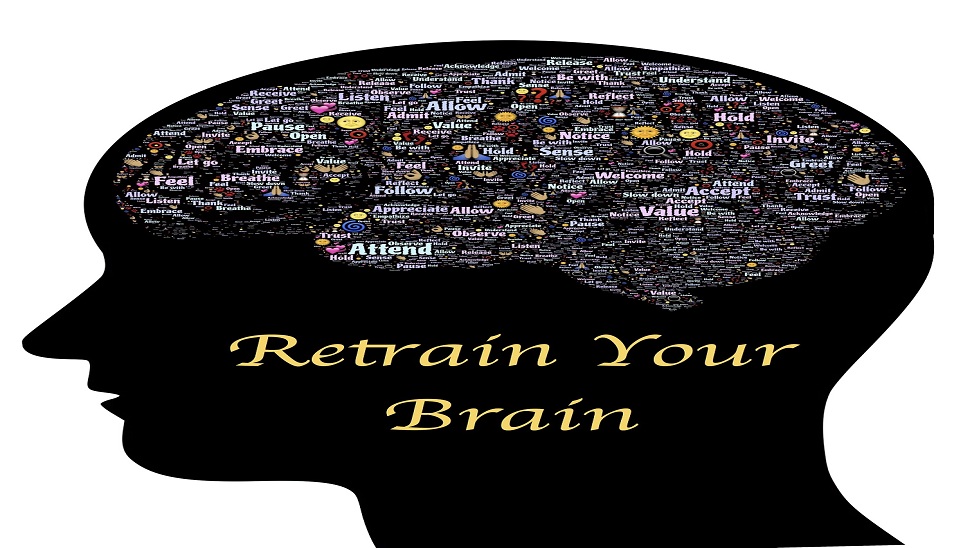Clearly, some mindsets can have potent and far-reaching effects on health and longevity. Having a positive mindset about stress turns out to be one of those beliefs that really matters.
Another pivotal mindset involves beliefs about aging. Individuals with a positive attitude about getting older tend to live longer than people who hold negative stereotypes about aging. One landmark study from Yale University followed middle-aged adults for 20 years. The people with a positive view of aging (for example, I don’t regret growing older—it’s a privilege denied to many) lived an average of eight years longer than those who had negative views (such as: I would rather die young than get old).
In a classic stress response, your heart rate rises and your arteries constrict, also your stress hormones like cortisol and adrenaline go up. Thus, chronic stress can predispose to cardiovascular disease and high blood pressure.
But in a study from Harvard University, volunteers were trained to re-think their stress response as useful rather than harmful. They were taught that the pounding heart is preparing one for action, the faster breathing is delivering more oxygen to the brain, and the hormone changes can energize and strengthen a person.
After adopting the mindset that the stress can be helpful, they reported feeling less anxious and more confident. What’s more, their blood vessels stayed relaxed, and although their heart was still pounding, their overall cardiovascular profile was much healthier - more closely resembling the body’s response during times of joy or courage.
Transforming Stress into Courage
Carrie is a 22-year-old college senior who came to see me over her semester break in December. For years she had been suffering from chronic anxiety and even occasional panic attacks.
She was taking Xanax for anxiety and an antidepressant as well, but complained about fatigue and other bothersome side effects from her meds. Yet, her panic attacks were terrifying for her and she was worried about her heart.
Sometimes before a big exam or a presentation in front of her college classmates, Carrie would notice her heart pounding harder and her breathing would quicken, then she would notice cotton-mouth and sweaty palms, with butterflies in her stomach and racing thoughts bouncing around in her head. She told me, “It feels like the stress is going to kill me!”
By coincidence, I just read an interview with Bruce Springsteen where in response to a question about whether he still enjoys performing after 40 years of doing live rock music concerts, he said, “Before I walk out onto the stage in front of thousands of screaming fans my heart is pounding, my palms are clammy, I have butterflies in my gut, and my head is spinning. It’s the greatest feeling in the world!”
Carrie feels the stress hormones kick in and interprets it as fear and danger. Bruce senses the same stress symptoms, but instead harnesses them to amp up his energy and performance, and generate excitement in his fans.
Kelly McGonigal advises her students during times of emotional distress to say to themselves, “My body is just getting excited; I’m not stressed.” And she tells them that rather than worrying about trying to relax so they
don’t blow it, they should instead embrace their nerves, and tell themselves, “your heart is in it and you’re ready to perform your best.”
This simple mindset intervention has been shown to make a huge difference for boosting performance and neutralizing the toxic health effects of stress. By the way, Carrie is using this strategy, along with relaxation breathing exercises, and is now off her meds and thriving in her senior year at college.
In Good Health,
James O'Keefe, MD
Photo Credit: Pixabay Creative Commons





